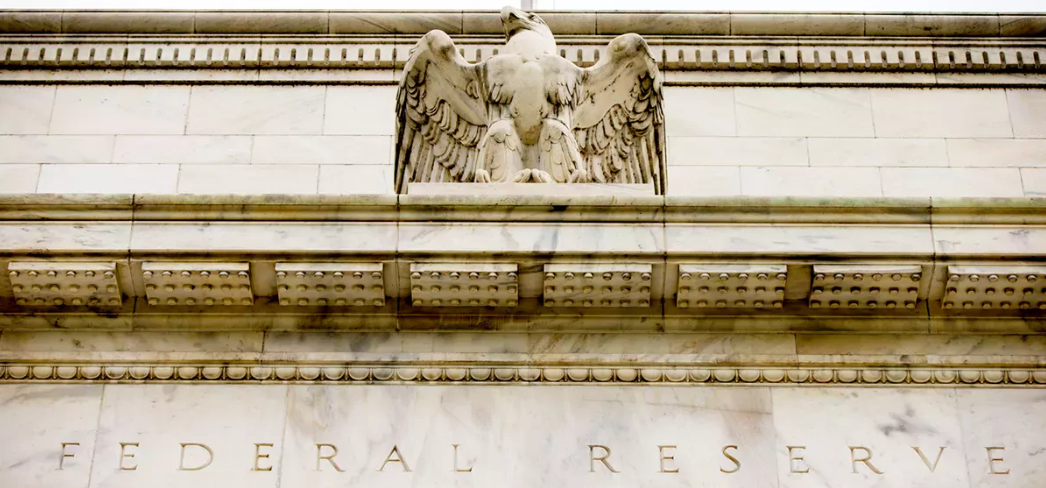
François Christen
Chief Economist
In the USA as in France, a hung parliament should not upset investors too much.
Original article published in French on agefi.com

The first half of 2024 closed with a slight downturn in the bond markets, which have posted negative returns since the start of the year. The damage is limited, however, and only offsets some of the gains made in November and December 2023. The ‘High Yield’ and ‘Emerging Markets’ segments stand out for their positive performance, which is the result of substantial risk premiums and a shorter duration than that of government bonds or ‘Investment Grade’ corporate bonds.
Recent indicators do not suggest any significant shift, as shown by the stability of the ISM index for the manufacturing sector (48.5 in June after 48.7 in May). However, the yield on the 10-year T-Note has risen back to near 4.5%. Unsurprisingly, the price index for personal consumption expenditure (PCE) confirmed the message conveyed by the consumer price index. Excluding energy and food, the index showed an increase of 0.1% on the previous month and 2.6% year-on-year, the lowest since spring 2021. The ‘supercore’ index (tracking services prices excluding energy and housing) posted a monthly rise of 0.16%, but central bankers will not be satisfied with just one good reading to kick-start a cycle of rate cuts. Statements by Governors Lisa Cook and Michelle Bowman confirm a willingness to wait before acting.
Outside the economic arena, Joe Biden’s lapses during the first televised debate are prompting investors to prepare for the return of Donald Trump. The Republican’s plans are likely to widen the deficit and lengthen a phase of budget laxity that began during his first term in office and could become even more pronounced if his party were to win a double majority in the Senate and the House of Representatives. Shared legislative power, as is the case today, would reduce Donald Trump’s room for manoeuvre and his potential to stir up trouble, and he could also call into question the independence of the Federal Reserve. The uncertain political outlook is likely to weaken the bond market, and long-term bonds in particular.
In Europe, euro yields are also on the rise. The outcome of the first round of parliamentary elections in France led to a slight fall in the spread against Germany. The Rassemblement National’s ability to win an absolute majority is doubtful and the left is not in a position to win, even if it is ahead of the Macronist camp. The legislative paralysis that could result from a parliament lacking any coherent majority would not be the worst-case scenario. On the other hand, a populist right-wing takeover of parliament could cause a significant increase in the risk premiums associated with French debt and equities.
The economic news was rather dull. German inflation continued to fall, settling at 2.5% in June. The slight erosion in the European Commission’s economic sentiment index reflects persistent gloom, which should prompt the ECB to cut interest rates further. In this respect, Governor Rehn believes that it is reasonable to expect two further cuts in 2024. Outside the eurozone, sterling yields were in line with the general trend. On the other hand, yields on Swiss franc-denominated bonds fell slightly.










